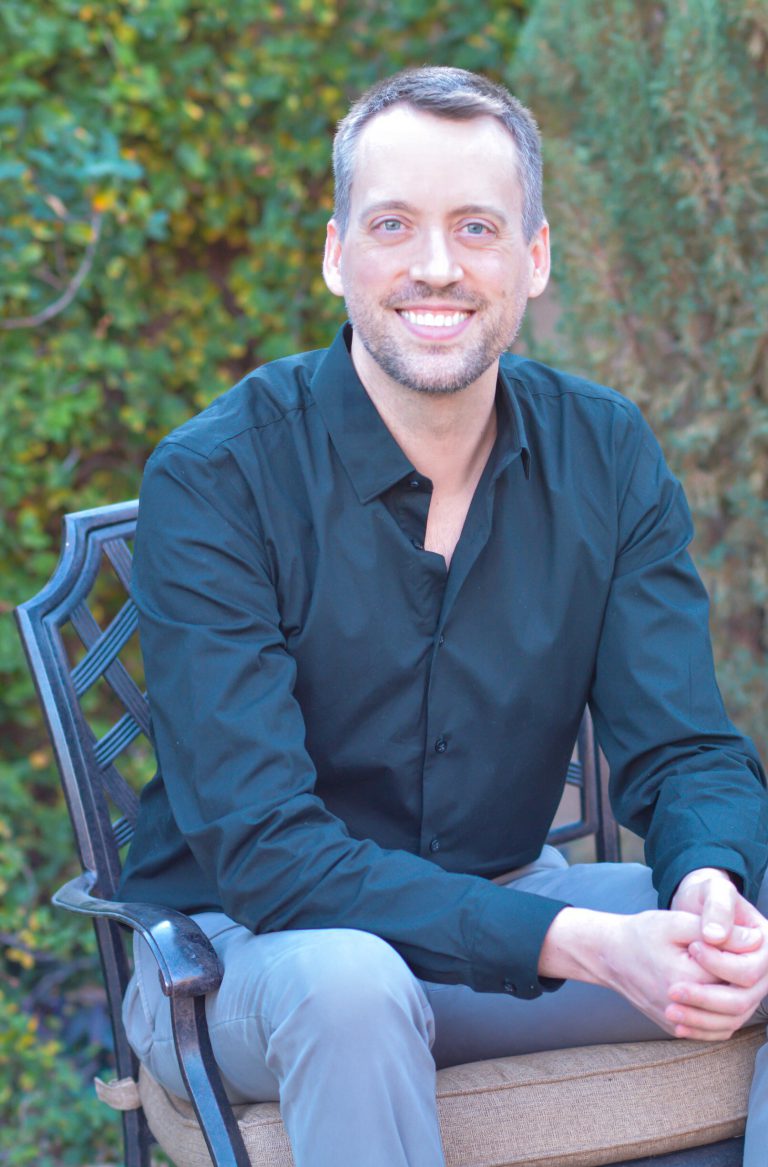
I continued my professional pursuits in the social and behavioral sciences by completing my Masters of Social Work, with a special emphasis in the mental health domain, graduating from the University of Utah in 2009. I graduated towards the top of my class with a 3.98 G.P.A. This degree included 60 credit unit hours of relevant instruction, with a special focus on providing psychotherapy; and the successful completion of 1,050 direct practice hours. These hours were clinically supervised by several independently licensed clinicians, each who had an accumulation of decades of experience. My work for these direct practice hours included assisting adults struggling with severe and persistent mental illness at Valley Mental Health’s adult day treatment program, “Pathways to Recovery,” as well as the provision of holistic assessment services and individual psychotherapy to the adult college population at Salt Lake Community College. I was provided with glowing recommendations from both of my supervisors and offered employment at my internship.


